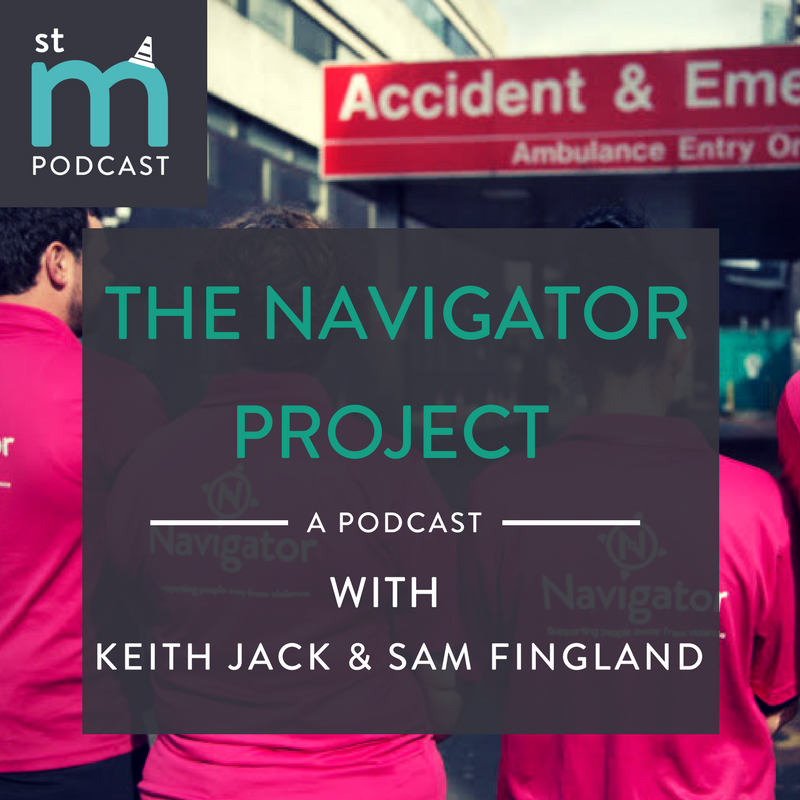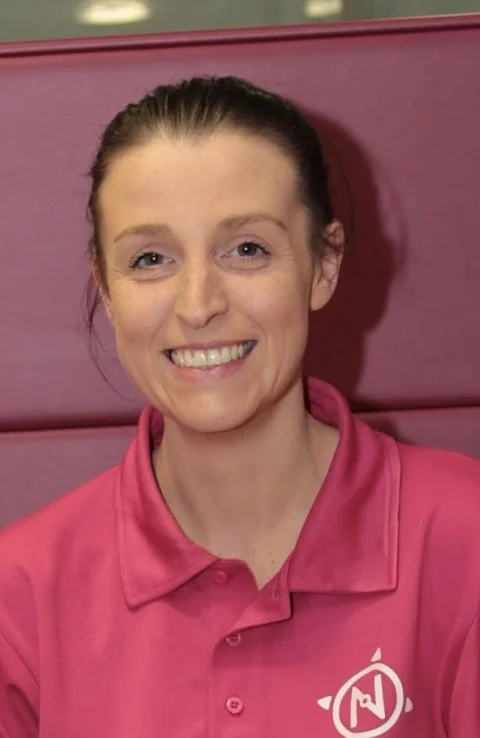Episode 4: The Navigator Project
Author: Eoghan Colgan @eoghan_colgan
Special Guests: Keith Jack & Sam Fingland @NavigatorsScot
09/1/2018
Listen
Guest Bios
Keith Jack @Keithjack_vru
Inspector with the Violence Reduction Unit, Navigator Lead.
Keith joined legacy Central Scotland Police in 1999 where he worked extensively in response and community policing as well as running a pro-active crime team. Keith joined the Scottish Violence Reduction Unit as project lead for our assets based community development work in Alloa, as well as retaining an overview of officers based in schools, known as 'Campus Cops'. Keith now leads on the development and implementation of the Navigator program, a violence intervention initative based within the emergency departments of Glasgow Royal Infirmary and the Royal Infirmary of Edinburgh.
Keith.Jack2@scotland.pnn.police.uk
Sam Fingland @NavSamJF
Navigator at Glasgow Royal Infirmary
Sam worked in the private sector as a business development account manager but in 2009 decided to go back to university during which time she volunteered with Rape Crisis. It was this experience that ignited a passion for helping those affected by domestic abuse and homelessness. She then worked in homeless projects for vulnerable young people alongside The Drug Crisis Centre, supporting people during detox. Following university she worked for Shelter Scotland for two years in a domestic abuse project where she became an Independent Domestic Abuse Advocate.
Show Notes
Eoghan, Keith and Sam talk about the Navigator project: An innovative intervention which aims to interrupt the corrosive cycle of violence, and support people to seek the help they need to get their lives back on track.
The navigator project works in the Royal Infirmary hospitals of Edinburgh and Glasgow and they support people affected by violence back to the community and help to navigate them away from their chaotic lifestyles. It has been having an incredible impact in Scotland and we hope there are learning points for emergency medicine staff everywhere.
Keith and Sam describe how they work, what they have learned and how others can learn from their experience.
Plus Sam gives some useful tips for helping patients affected by homelessness and domestic abuse.
Take Home Points
1. An attendance to ED can be a crucial time to intervene in someone’s chaotic life and the navigator project has shown that the vast majority of patients who attend in violent circumstances are open to change with the right support
2. If you work in an urban ED which experiences high levels of violence then please contact Keith and the Navigator Project and they would be delighted to share their experience
3. If you are unlikely to have such a project you can still become familiar with local community services and signpost patients to them. Remember to show empathy and encouragement as they are willing given the right support
4. SAM’s PEARLS:
a. Can contact police to arrange a ‘Storm Mark’ for a patient affected by domestic abuse
b. If admitting a homeless person – contact their emergency accommodation to inform them of the admission so they don’t lose it
c. For homeless people who are 'admitted' the hospital has a duty of care to NOT discharge back to homelessness




